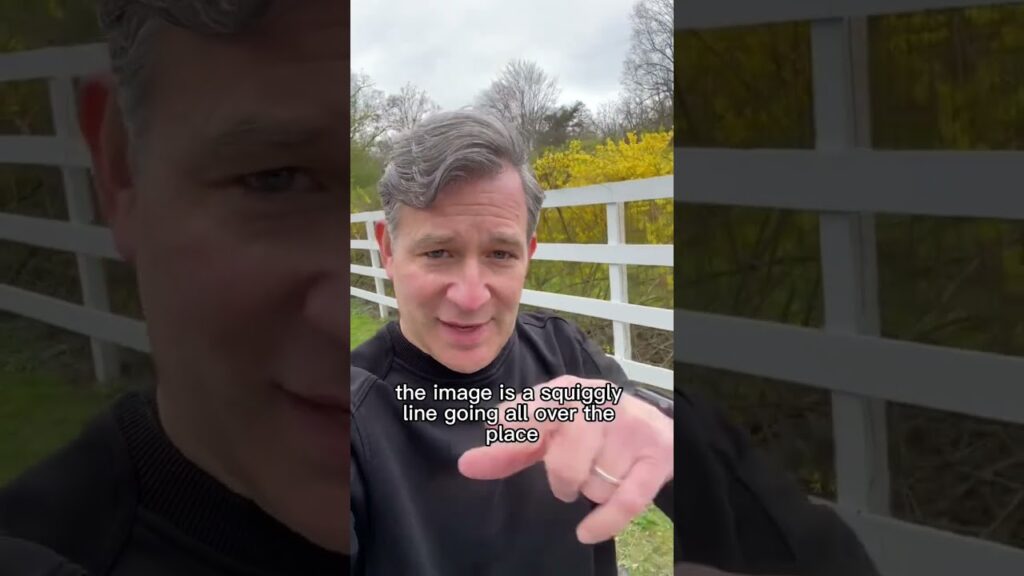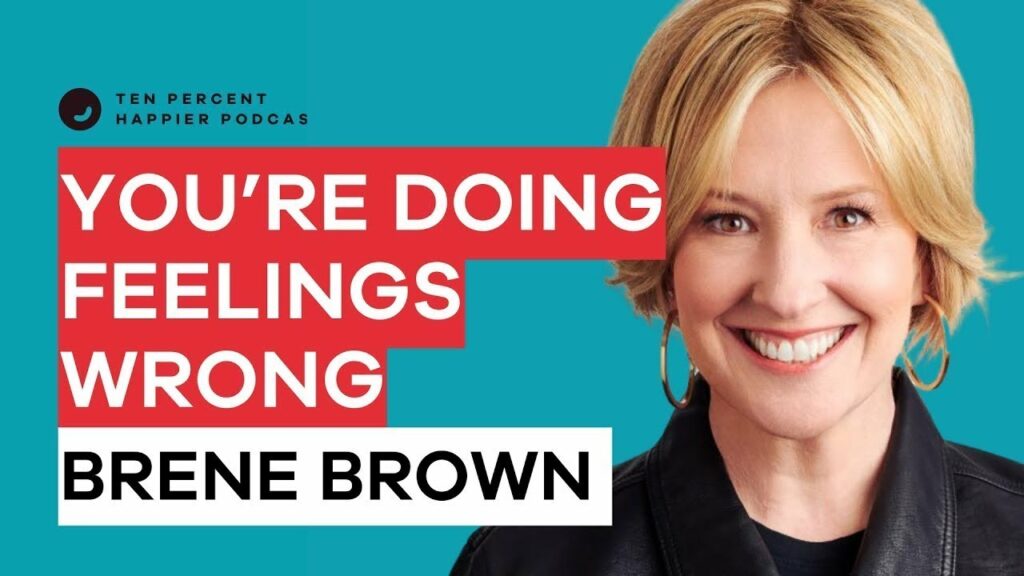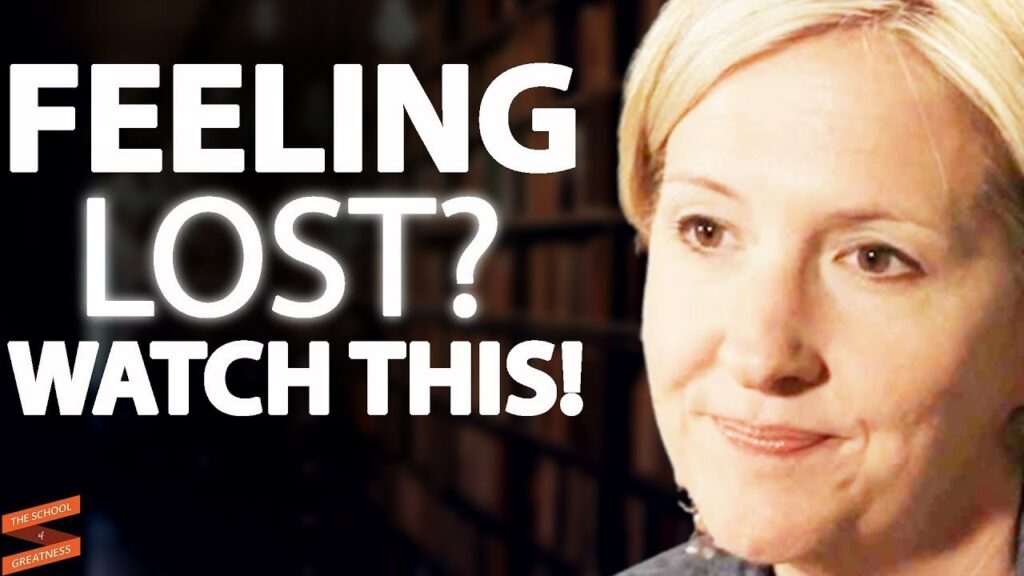Ten Percent Happier Podcast With Dan Harris

Exploring Mindfulness and Happiness: The Ten Percent Happier Podcast with Dan Harris Introduction: A Journey into Mindfulness In the fast-paced world of today, finding moments of peace and clarity can be challenging. The Ten Percent Happier podcast, hosted by former ABC News anchor Dan Harris, offers a beacon of hope for those seeking to improve […]
Brené Brown on Boundaries, Feelings, & Core Emotions -Ten Percent Happier Podcast with Dan Harris

Understanding Emotional Granularity: Insights from Brené Brown on Boundaries and Core Emotions In a world where emotions often guide our decisions and interactions, understanding the full spectrum of our feelings can lead to profound personal and relational growth. Brené Brown, renowned researcher and author, delves into this topic in a captivating episode of the Ten […]
This Is Why You FEEL LOST, LAZY, & UNMOTIVATED In Life – Brené Brown & Louis Howes

Why You Feel Lost, Lazy, and Unmotivated in Life: Insights from Brené Brown Shame is an inevitable part of the human experience. According to Brené Brown, a renowned researcher and author, we can never completely rid ourselves of shame. However, we can develop resilience to it. When shame washes over us, it often triggers a […]
